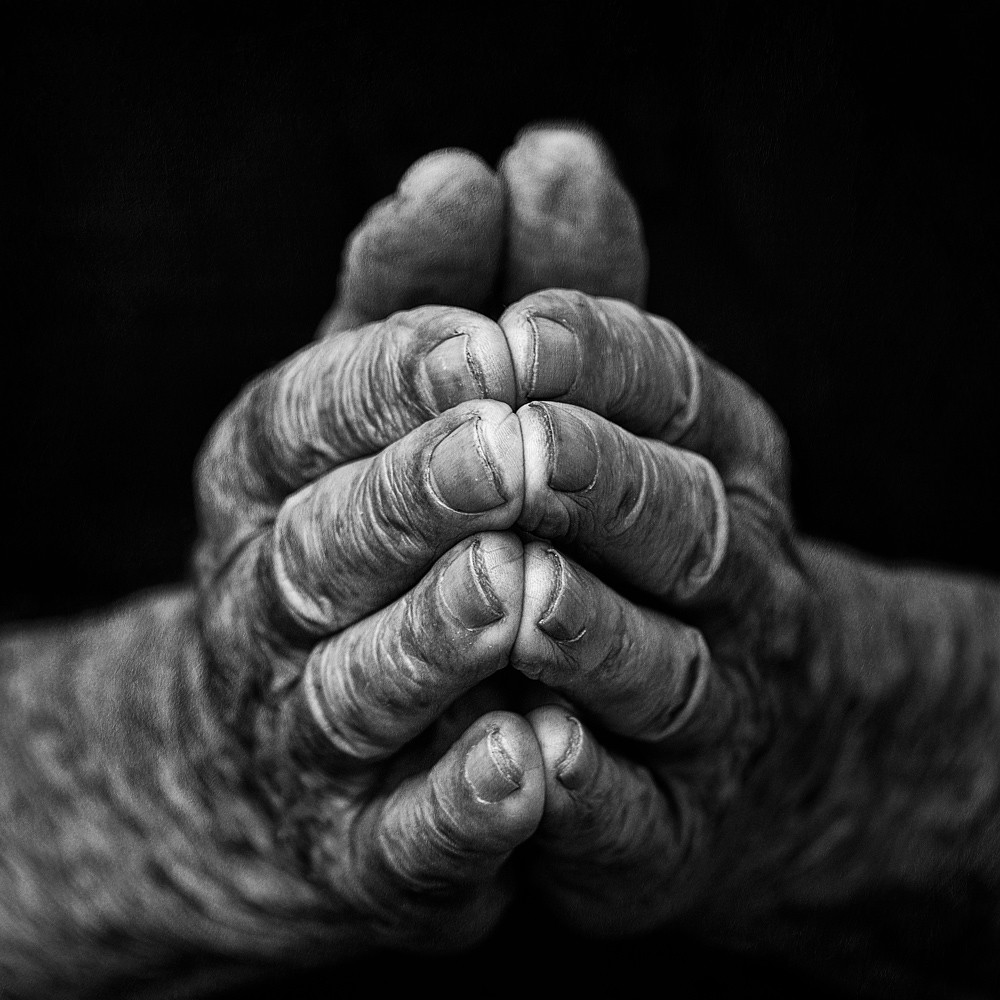“No one has greater love than this, to lay down one’s
life for one’s friends.” (John 15:13)
So, okay. Father Pat Conroy didn’t exactly
lay down his life last week, but he did sacrifice his job. And it was a pretty
cool job, too—Chaplain of the United States House of Representatives.
It seems that Father Pat, in his prayers
before a major House vote on the tax reform bill, just couldn’t stop himself
from being a Christian. He remembered that Jesus told us when we do for the least
of our brothers and sisters, we are doing for Christ himself (Matthew 25:31-46).
As our elected representatives prepared to vote on whether or not we should
give billionaires massive tax breaks and, inevitably, cut service to the poor in
order to pay for those breaks, Father Pat prayed:
“May all members be mindful that the
institutions and structures of our great nation guarantee the opportunities
that have allowed some to achieve great success, while others continue to
struggle. May their efforts these days guarantee that there are not winners and
losers under new tax laws, but benefits balanced and shared by all Americans.”
Now, this prayer may seem to you like a pretty
reasonable request to the Almighty, basically asking God to put the needs of
the poor into the minds of our dear elected leaders. Speaker Ryan didn’t seem
to think so, however. He concluded that this was a “political” statement, and
has requested—and received—Father Pat’s resignation.
In his letter of resignation, the good
priest pointed out that leaving his chaplaincy wasn’t his idea but was a
request of the Speaker’s.
I’m thinking, “Good for you, Father Pat!
Tell it like it is!”
Yes, Father Pat has recognized that a rising
economic tide, the type the new tax bill will bring, will lift all yachts.
Unfortunately, the little fishing huts on the beach are likely to get flooded
out as the federal deficit rises and our government reduces any number of
social safety-net programs to plug the fiscal gap.
God bless Father Pat Conroy for speaking
truth to power and being honest about Paul Ryan’s attempts to silence him. It
is the duty of the strong to protect the weak. That is basic Christianity, and
I am grateful to the now former Chaplain for making the voice of Christ heard.


